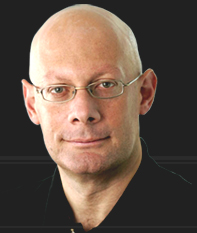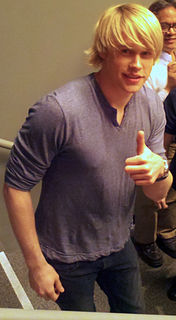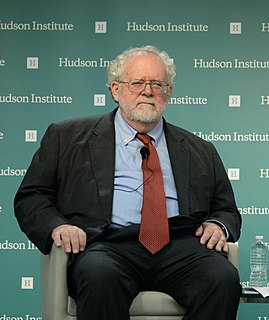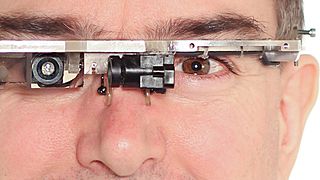A Quote by Usama Fayyad
When you walk around, your vision system is processing a whole bunch of signals in milliseconds and judging that a visual object is a wall, or an imminent cliff, or a car heading towards you. This might be disturbing to a lot of people, but some of those guesses are errors.
Related Quotes
You nodded towards the cup. "Want more?" I shook my head. "What about the car?" "Didn't find it. You were heading back towards me when I found you." "Towards . . . ?" You nodded. "So I reckoned the car had probably got stuck or died somehow, and you were just coming home." "Home?" "Yeah." Your mouth twitched. "Back to me.
There's a real careful line you have to walk there because your first job [therapist] is to create safety for the client to feel safe enough to turn their vision in towards themselves and their experience in the moment and to reveal things that usually carry a lot of shame or that kind of stuff around.
Is there a brick wall getting in your way? Fine. That happens. But you have a choice. You can walk away from the wall. You can go over the wall. You can go under the wall. You can go around the wall. You can also obliterate the wall. In other words, don't let anything get in your way. Get a balance, and then let the positive outdistance the negative.
I do a lot of work with policymakers, but how much effect am I having? It’s like they’re coming in and saying to you, ‘I’m going to drive my car off a cliff. Should I or should I not wear a seatbelt?’ And you say, ‘I don’t think you should drive your car off the cliff.’ And they say, ‘No, no, that bit’s already been decided—the question is whether to wear a seatbelt.’ And you say, ‘Well, you might as well wear a seatbelt.’ And then they say, ‘We’ve consulted with policy expert Rory Stewart and he says . . . .’
Unlike some, I don't claim to hold the mystic key to the future. But judging from past events, it seems to me that those who want to prophesy the imminent end of America's unique global role have a harder case to make than those who think we will limp on for a while, making a mess of things as usual.
Science is not a system of certain, or -established, statements; nor is it a system which steadily advances towards a state of finality... And our guesses are guided by the unscientific, the metaphysical (though biologically explicable) faith in laws, in regularities which we can uncover-discover. Like Bacon, we might describe our own contemporary science-'the method of reasoning which men now ordinarily apply to nature'-as consisting of 'anticipations, rash and premature' and as 'prejudices'.
































